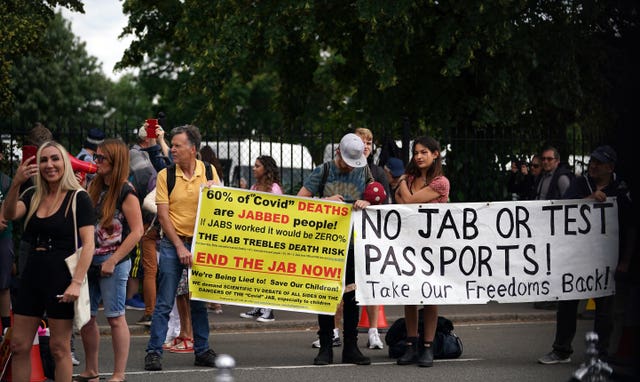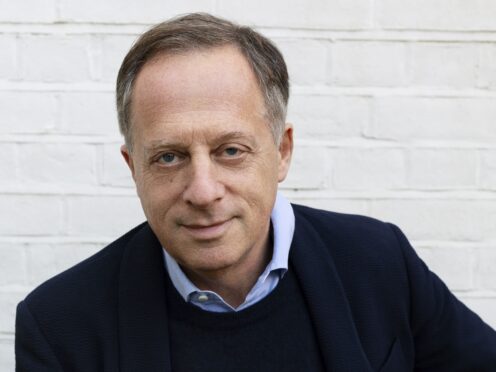The environment for journalism is now “more difficult and dangerous than ever” and represents a growing attack on truth and democracy, the chairman of the BBC has said.
Richard Sharp said news and information had recently come under “serious and deliberate assault” and that the changing landscape of the industry had left it “more vulnerable than ever to manipulation”.
Mr Sharp highlighted the dangers for journalists from those seeking to spread disinformation and conspiracy theories at the VLV Autumn Conference on Wednesday.
“The events of the past year have created the perfect conditions for conspiracy theories to thrive, fed by those algorithms that value viral potential above all else,” he said.

“Disinformation has become a powerful tool for profit or political gain in all societies, and the weapon of choice for oppressive regimes and bad actors everywhere.
“It’s no coincidence that those whose job it is to uphold the integrity of news and speak truth to power around the world are increasingly targets for intimidation and abuse themselves.”
Mr Sharp noted that several international BBC correspondents had been forced to leave their respective countries due to pressure or threats from the authorities, and that domestic reporters were receiving more and more abuse.
“These moves were unthinkable just a few years ago, and all news organisations are facing similar challenges,” he said.
“This is not only happening in autocracies, where a free press and social media represent existential threats, but in democracies too, where incumbents see a growing opportunity to control the message and diminish the powers of opposition.
He continued: “At home our reporters are forced to face growing abuse online.
“For those investigating viral disinformation and conspiracy theories in particular, every report triggers a wave of direct and deeply personal online attacks, often highly organised with a specific aim of inciting further abuse.
“There is no question that the environment for journalism is now more difficult and dangerous than ever, and no doubt that it represents a growing assault on truth and media freedom.
Mr Sharp said the implications of growing distrust and disinformation in the media and the impact on “democracy, unity, and stability” were “deeply concerning”.
“People who are convinced they are not being told the truth in one area can quickly become convinced that they are not being told the truth in other areas too,” he said.
